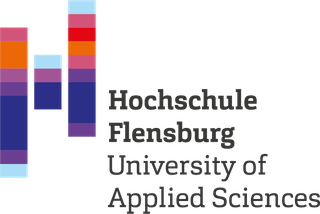Investigation of the Usability of Computerized Critical Care Information Systems in Germany
von Dincklage, F., Suchodolski, K., Lichtner, G., Friesdorf, W., Podtschaske, B., & Ragaller, M. (2019). Investigation of the Usability of Computerized Critical Care Information Systems in Germany. Journal of Intensive Care Medicine, 34(3), 227–237. http://doi.org/10.1177/0885066617696848 (Original work published März 2019)
